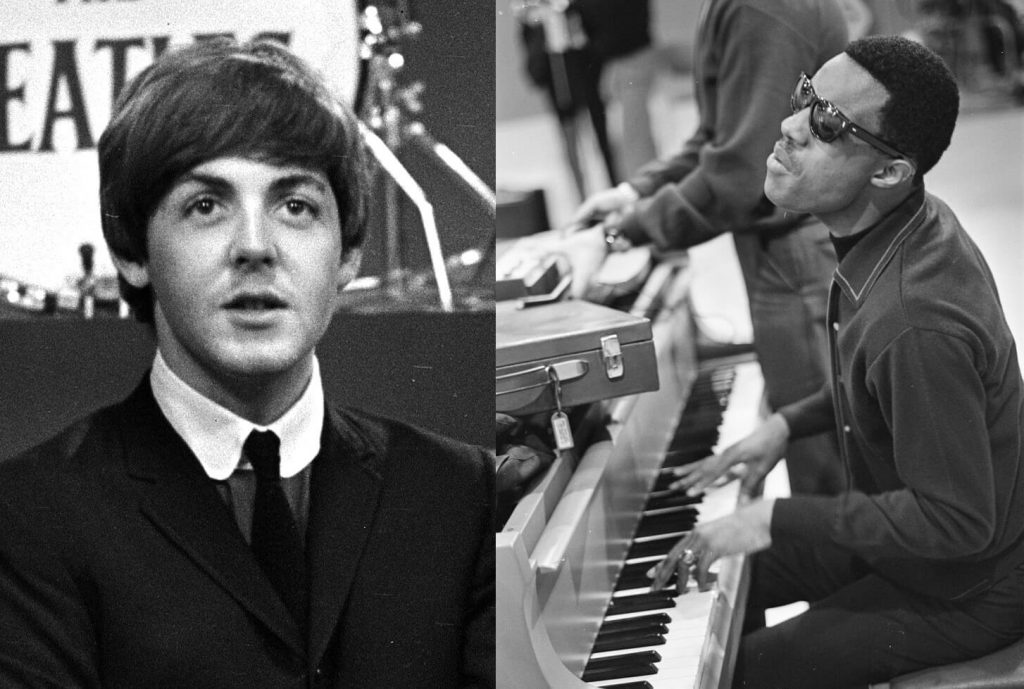“We knew that this record was going to sound different to anything that we’d done before because we had a new guitar player, new producer and a new studio – it was like we were becoming a new band in some ways,” he says. “The difference for us now is that we’re a bit older and wiser – you start to realise that all the frenzy that surrounds brand new bands at SxSW is happening to a lot of bands. At the time it feels like it’s just you. I’m glad to be past all that now.
“These days, you start to look at bands and wonder which ones will realistically make it out to the other side, successfully release records and have a fan base. It’s not easy.”
Nathan thinks the current climate of the music industry makes this harder as bands are being pushed to become a “radio-friendly band” or a “live band”.
“We were kind of unique because we had a lot of attention through the internet and radio. We’ve had a little bit of love from so many different places, whereas a lot of new bands seem to rely so much on one aspect such as purely on radio, on promotion through their label or from live shows. We’ve been fortunate to not have to rely exclusively on any one of those things.”
For their latest long-player, Dear Miss Lonelyhearts, the band enlisted the guitar playing and production services of former Modest Mouse and Murder City Devils guitarist Dann Gallucci – something which Nathan says was a natural introduction, given his involvement with the band over the last few years.
“After leaving Modest Mouse Dann got into recording and doing live sound for us. We had this long relationship with him, we loved his guitar playing and we knew that he would really work out as a producer. The whole thing happened very organically over time.
“We did a few projects with him just to make sure it felt right within the band and make sure it was good for everybody, but after we realised we liked his taste and playing style, we were just really excited to get started and get playing.”
Confident that the new lineup worked, the band retreated to their own private studio in San Pedro, California, along with co-producer Lars Stalfors.
“We tried a couple of different things at first, but in the end we decided that we wanted to do it in our own space so that instead of taking the record budget and spending it on some big-shot studio, we could invest in our own place, buy some nice gear and do things our way.”
The album’s title, Little Miss Lonelyhearts, takes its name from a Nathanael West novel entitled Miss Lonelyhearts & The Day of the Locust. Set in New York during the Depression, the book follows the life of a nameless man who writes a newspaper advice column, but as time passes, he begins to crack under the grief of those who write in.
“This book really inspired me think about how I write music and it really posed some questions about how sometimes you write for other people, whereas sometimes it’s for yourself. It’s usually either when you need to encourage yourself out of bad things or help other people out.
“That’s what really struck a chord – the idea that songwriting can be like an advice column where you’re taking other people’s problems and trying to answer them in some way. I think that was really appealing to me.”
Sonically speaking, the record sees Cold War Kids focusing on more complex arrangements and as Nathan puts it, “caring more about the finished product and less about how we got there”.
“It’s more of a modern record,” he adds. “It has more layers from synthesisers and keyboards. There is something that is kind of New Order and Depeche Mode about it, as well as maybe some later David Bowie records. It’s just building on the raw, minimalist piano, guitar, bass and drum sound that we’ve always had.”
This steady evolution is something that has always been evident in the band’s work – from the raw Robbers & Cowards, through to the darker Loyalty to Loyalty and the more anthemic qualities of 2011’s Mine is Yours.
“I think we’ve tried to do a lot of different things over the years,” Nathan explains. “We’ve tried to keep the original parts of what we’ve been from the beginning, but I think we’ve also never been shy about trying new things and evolving in all shapes of songwriting. In some ways I think we have a long way to go…we’re definitely still learning.”
BY CALLUM FITZPATRICK







